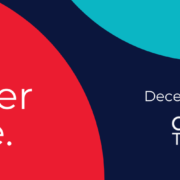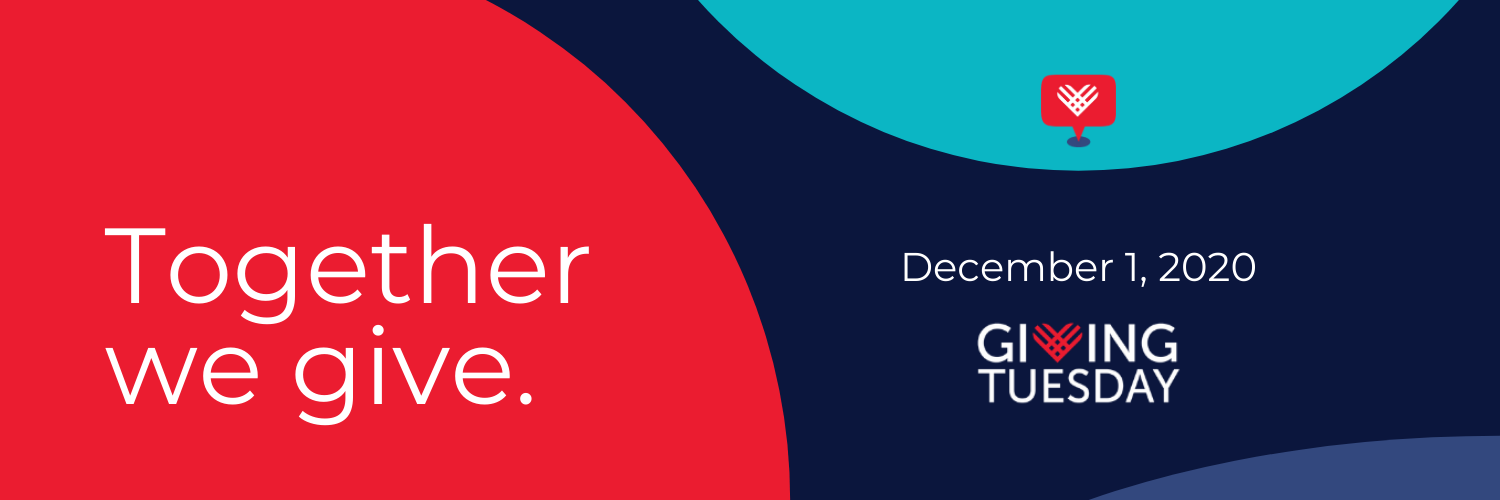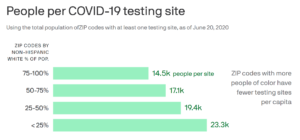NCL statement on White House pressure to approve COVID-19 vaccine
For immediate release: December 11, 2020
Media contact: National Consumers League – Carol McKay, carolm@nclnet.org, (412) 945-3242 or Taun Sterling, tauns@nclnet.org, (202) 207-2832
Washington, DC – In just a matter of days, we could potentially have an FDA-approved COVID-19 vaccine ready for rollout. Now more than ever, the public needs to see the evidence of a transparent and deliberate process to ensure the safety of a vaccine. NCL has actively participated in the vaccine approval process, testifying before the Centers for Disease Control and Prevention and the Food and Drug Administration’s (FDA) vaccine advisory committees to ensure that the nation’s most vulnerable consumers are considered at each step of the approval process. The race to a vaccine is a critical one, consumers should not be discouraged by the careful deliberation of the States’ vaccine approval process, but should instead be encouraged that the U.S. is following deliberate, well-established protocol to vet and review the data.
NCL is amongst the stakeholder groups advocating for increased scrutiny of the data, particularly citing reports from the U.K. about adverse reactions to the Pfizer vaccine among people with severe allergies. We expect that the FDA will be aware of these concerns and call on the agency to perform ongoing post-market surveillance to ensure public safety. Consumers should rely on continuous guidance regarding potential adverse events, as this will be critical to ensuring vaccine confidence.
NCL has continually recognized the integrity of the career-scientists at the FDA who are entrusted with ensuring the safety of the U.S. drug supply and applaud their demonstrated commitment to fostering public trust throughout the COVID-19 vaccine development, evaluation, and approval process. We have great confidence in the FDA’s rigorous approval methods and trust that the agency will issue an Emergency Use Authorization only after careful consideration of the available safety and efficacy data.
###
About the National Consumers League (NCL)
The National Consumers League, founded in 1899, is America’s pioneer consumer organization. Our mission is to protect and promote social and economic justice for consumers and workers in the United States and abroad. For more information, visit www.nclnet.org.








 By NCL Director of Health Policy Jeanette Contreras
By NCL Director of Health Policy Jeanette Contreras













